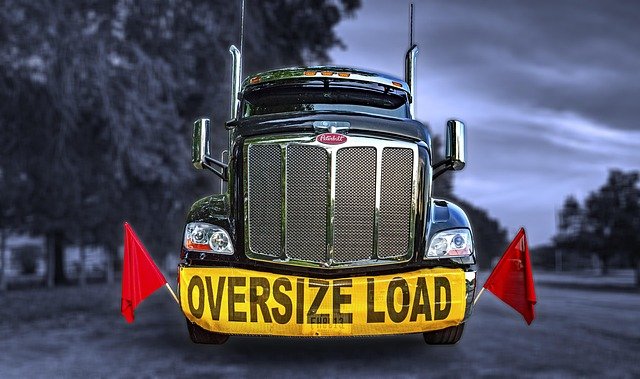Oil Rig Employment: Understanding the Industry and Qualifications
Discover online oil rig certification courses that provide essential training for safety, operations, and technical skills in the oil and gas industry. These programs offer flexible learning, practical knowledge, and recognized credentials to help you prepare for roles on rigs and related energy sector opportunities.

What are the typical roles on an oil rig?
Oil rigs employ a diverse workforce with various specialized positions. Common roles include roustabouts, who perform general maintenance and labor tasks; derrick operators, responsible for drilling operations; and mud engineers, who manage drilling fluids. Other positions include electricians, mechanics, welders, and various levels of supervisors and managers. Each role requires specific skills and often extensive training or experience.
What qualifications are needed for oil rig jobs?
The qualifications for oil rig jobs vary depending on the position and level of responsibility. Entry-level positions like roustabouts may require minimal formal education but often demand physical fitness and the ability to work in challenging conditions. For more specialized roles, relevant degrees in engineering, geology, or related fields are typically necessary.
How can one obtain online oil rig certification courses?
Online oil rig certification courses have become increasingly available, offering a flexible way to gain industry-specific knowledge. These courses cover various aspects of oil rig operations, safety protocols, and technical skills. While online certifications can provide valuable knowledge, it’s important to note that many employers in the oil and gas industry also require hands-on training and practical experience.
What does oil rig safety training online entail?
Oil rig safety training is a critical component of preparation for work in the offshore environment. Online safety courses typically cover topics such as fire safety, emergency response procedures, hazard identification, and personal protective equipment use. These courses often align with industry standards set by organizations like OPITO (Offshore Petroleum Industry Training Organization) or IADC (International Association of Drilling Contractors).
Can one become an oil rig operator through online certification?
While online oil rig operator certification courses exist, it’s important to understand their limitations. These courses can provide theoretical knowledge and familiarize individuals with industry terminology and basic concepts. However, becoming a fully qualified oil rig operator typically requires a combination of formal education, hands-on training, and substantial on-the-job experience. Employers generally look for candidates with a mix of classroom learning and practical skills developed through apprenticeships or entry-level positions.
What are the current employment trends in the oil rig industry?
Employment in the oil and gas sector, including offshore rigs, can be cyclical and influenced by global energy markets, technological advancements, and environmental policies. The industry has experienced fluctuations in recent years, with periods of growth and contraction. Individuals considering a career in this field should be aware of these trends and prepared for potential job market volatility.
It’s important to note that the availability of specific job opportunities can vary significantly based on market conditions, geographic location, and individual qualifications. Salary ranges in the oil rig industry can be wide and are influenced by factors such as experience, job role, location, and current market demand. Prospective employees should conduct thorough research and consult with industry professionals or recruitment specialists for the most up-to-date and accurate information on job prospects and compensation in their specific area of interest.
In conclusion, pursuing a career on oil rigs requires careful consideration of the qualifications needed, the realities of the work environment, and the current state of the industry. While online courses and certifications can provide valuable knowledge, they are often just one part of the preparation needed for a successful career in this field. Prospective oil rig workers should approach their career planning with realistic expectations and a commitment to ongoing learning and skill development.




